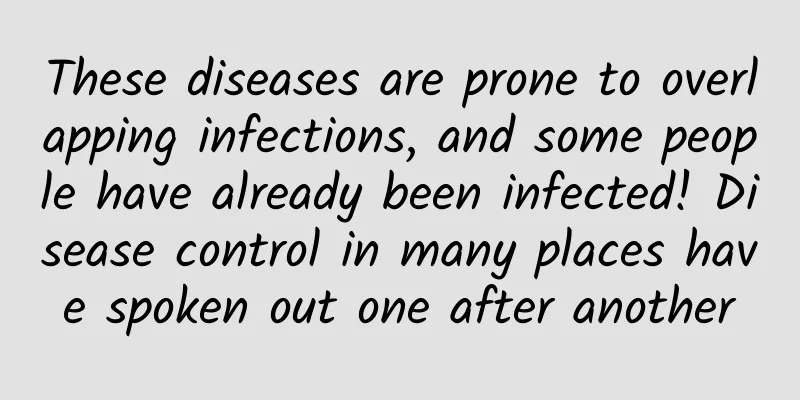New evidence links altered gut bacteria to autism

|
A new study published in the peer-reviewed journal Science Advances is shedding light on a potential link between autism and damage to the gut microbiome. The study reveals a mechanism by which altered gut bacterial populations can lead to abnormal microbial detoxification and mitochondrial dysfunction. The connection between gut bacteria and autism spectrum disorder (ASD) is arguably one of the most compelling areas of microbiome research. Gastrointestinal problems are common in children with ASD, and some recent studies, albeit small, have shown that using fecal transplants from healthy subjects can improve behavioral and psychological symptoms of autism in children. Perhaps the most challenging aspect for microbiome researchers translating their discoveries into clinical therapies is the diversity of gut bacterial populations, which can vary from person to person. In short, while certain bacterial species are generally considered "good" and others "bad," there is no one-size-fits-all solution for microbiome therapies. It's this diversity that makes it so difficult for researchers to understand exactly how the microbiome affects disease. To overcome this obstacle, a large group of scientists from China developed a novel analytical strategy called a "quasi-matched cohort." First, the researchers recruited a traditional cohort of 79 age- and sex-matched children, half of whom had ASD and the other half served as neurotypical controls. Initial microbiome genomic testing showed few differences in bacterial diversity between the two groups. A small number of differences were identified between the two groups, but these were generally consistent with those identified in previous studies. The next step was to generate a quasi-paired cohort. This involved pairing the specific ASD samples with control samples of similar metabolic background. As the researchers explained in the study, "This approach allowed us to transform the original group cohort into a paired cohort, which not only controls for individual diversity but also improves statistical power." This allowed the researchers to identify more than just simple differences in bacterial populations, but also reveal key downstream metabolic differences between ASD and neurotypical subjects. Five specific metabolic pathway defects were found in this study. These defects are related to the detoxification process triggered by certain enzymes produced by gut bacteria. The researchers hypothesize that these microbiome detoxification defects affect the pathogenesis of ASD. “One of the main pathological manifestations of ASD is mitochondrial dysfunction, and mitochondria are the main targets of organic toxicants because of their lipophilic nature,” the researchers wrote in the study. “When gut microbial detoxification is severely impaired in ASD, more toxicants from external and internal sources may enter the circulation system and damage mitochondria in various tissues. Therefore, our findings of impaired microbial detoxification help explain why children with ASD are so vulnerable to environmental toxins and suggest that impaired microbial detoxification may be involved in the pathogenesis of ASD.” As with most studies on this topic, there are a number of caveats that limit broader conclusions. While the study does provide rigorous findings suggesting that ASD subjects may have deficient microbiome detoxification pathways, any causal relationship with ASD onset or severity is only speculative at this stage. Further research is needed to confirm this link and investigate whether modulating the microbiome could prevent the development of ASD. "Impaired microbial detoxification was associated with clinical evaluations of ASD and the degree of mitochondrial dysfunction, one of the major pathological changes in ASD, strongly suggesting that impaired microbial detoxification is closely related to the pathogenesis of ASD," the researchers concluded in the study. "This previously unknown protective role of gut microbes suggests potential future therapeutic strategies to reestablish impaired microbial detoxification in patients with ASD." |
<<: Five common questions about moyamoya disease in children
Recommend
Beware of knee osteoarthritis!
Do you often feel stiffness, discomfort or even p...
How to use fermented black bean oil? How to eat fermented black bean
Fermented black beans are a common seasoning with...
Is it normal not to have menstruation at 47?
Is it normal that menstruation suddenly stops at ...
Do you only boil vegetables to eat healthily? Too bad! This method makes vegetables 10,000 times more delicious!
"Steamed dishes" are very popular recen...
Brown discharge after period
Menstruation is a physiological phenomenon that w...
Breast development in little girls
The growth process of a person is a process, and ...
Treatment of hard caesarean section incision
Nowadays, many pregnant mothers need to undergo s...
Does eating ice watermelon during pregnancy affect the fetus?
Can pregnant women eat frozen watermelon? This is...
I have stomachache after taking Jin Yuting
Many women will experience abdominal pain after t...
Is it normal to discharge lumps of flesh when expelling lochia?
Having a baby is a happy thing for a family, but ...
The reason why my period is getting less and less
Menstruation is a normal physiological phenomenon...
How long does it take to change your underwear during pregnancy? What underwear is suitable for pregnancy?
We all know that after a woman becomes pregnant, ...
What is the cause of brown discharge after period?
Many female friends’ menstrual periods have long ...
Is the size of the B ultrasound smaller because of short legs?
The growth and development of the fetus touches t...
How to treat uterine prolapse in the elderly?
Uterine prolapse in the elderly is uterine prolap...









